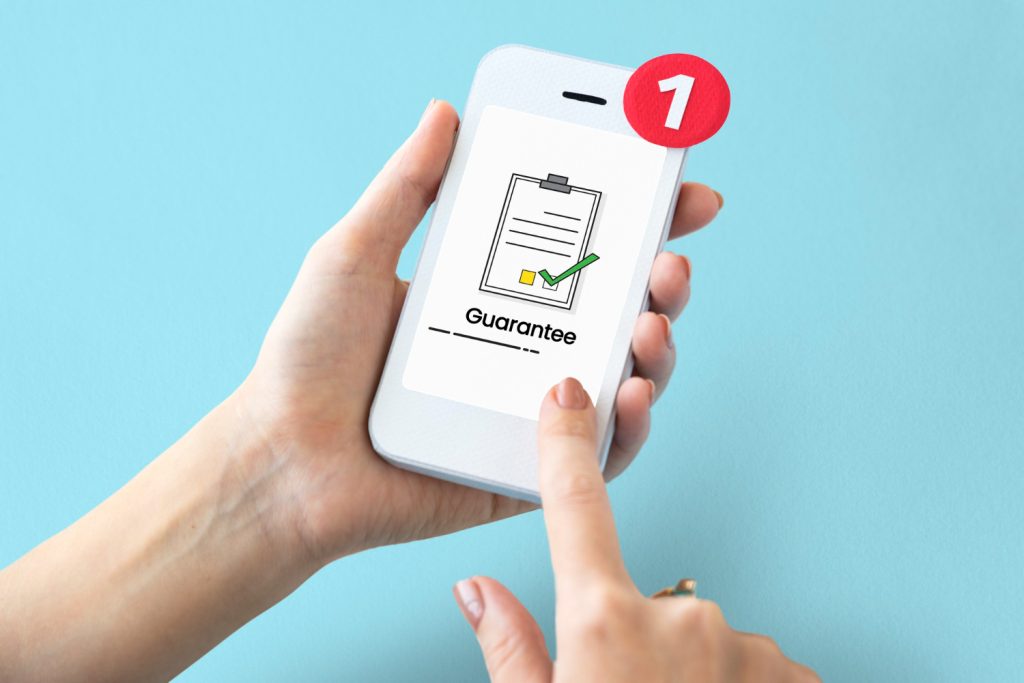
In our rapidly evolving digital landscape, the ubiquity of mobile applications has become a defining feature of modern life. However, with the increasing integration of technology into our lives, safeguarding user data and privacy has transcended being a mere requirement; it is now a fundamental imperative.
As app developers and business owners, ensuring the security of your user’s personal information is not only a legal and regulatory obligation but also a profound ethical responsibility.
In this extensive exploration of app security, we will delve deep into the strategies and best practices that will enable you to safeguard user data and privacy effectively, providing you with a comprehensive blueprint for navigating this complex and vital terrain. For more detailed information, it may be useful to read this article together with this article.
Data Privacy Regulations
One of the most critical aspects of app security is understanding and complying with data privacy regulations. The General Data Protection Regulation (GDPR) is a prominent example of such regulations, and it has far-reaching implications for app developers. GDPR mandates that user data must be handled with the utmost care and transparency. Violations can lead to substantial fines, making compliance a top priority for app developers.
Secure Data Handling
To secure user data effectively, it’s crucial to adopt best practices in data handling. This includes encrypting data both in transit and at rest, using secure authentication methods, and implementing strong access controls. By doing so, you can mitigate the risk of data breaches and unauthorized access.
Authentication and Authorization
Authentication and authorization mechanisms are the gatekeepers of user data. Robust authentication ensures that only authorized users can access the app’s features and data. Implementing multi-factor authentication (MFA) and strong password policies is essential to prevent unauthorized access attempts.
Regular Security Audits
In the ever-evolving landscape of cybersecurity threats, regular security audits are a necessity. Conducting audits allows you to identify vulnerabilities in your app’s code, infrastructure, and data storage. By addressing these weaknesses proactively, you can minimize the risk of data breaches and security incidents.
User Education
Empowering users with knowledge about their data privacy and security rights is a critical step in enhancing app security. In-app pop-ups and notifications can inform users about data collection practices and their rights regarding their personal information. Educated users are more likely to trust your app and provide accurate data.
Conclusion
In conclusion, app security is not an option; it’s a necessity. Safeguarding user data and privacy should be at the forefront of your app development strategy. By adhering to data privacy regulations, adopting secure data handling practices, implementing robust authentication and authorization mechanisms, conducting regular security audits, and educating your users, you can build trust and ensure the long-term success of your app.
FAQs
1. What is the GDPR, and why is it important for app developers?
GDPR, or General Data Protection Regulation, is a European data privacy regulation that imposes strict requirements on how user data is handled. It’s crucial for app developers because non-compliance can lead to substantial fines and legal consequences.
2. How can I ensure the security of user data in my mobile app?
You can enhance the security of user data by implementing encryption, strong authentication methods, access controls, and conducting regular security audits.
3. Why is user education important for app security?
User education raises awareness among app users about their data privacy rights and helps build trust. Informed users are more likely to entrust their data to your app.
4. What are some common consequences of data breaches in mobile apps?
Data breaches can result in financial losses, legal liabilities, reputational damage, and loss of user trust. It’s essential to prevent them proactively.
5. How can I stay updated on evolving app security threats?
Staying updated on app security threats requires continuous learning and monitoring of industry trends. Following cybersecurity blogs and attending security conferences can help you stay informed.


